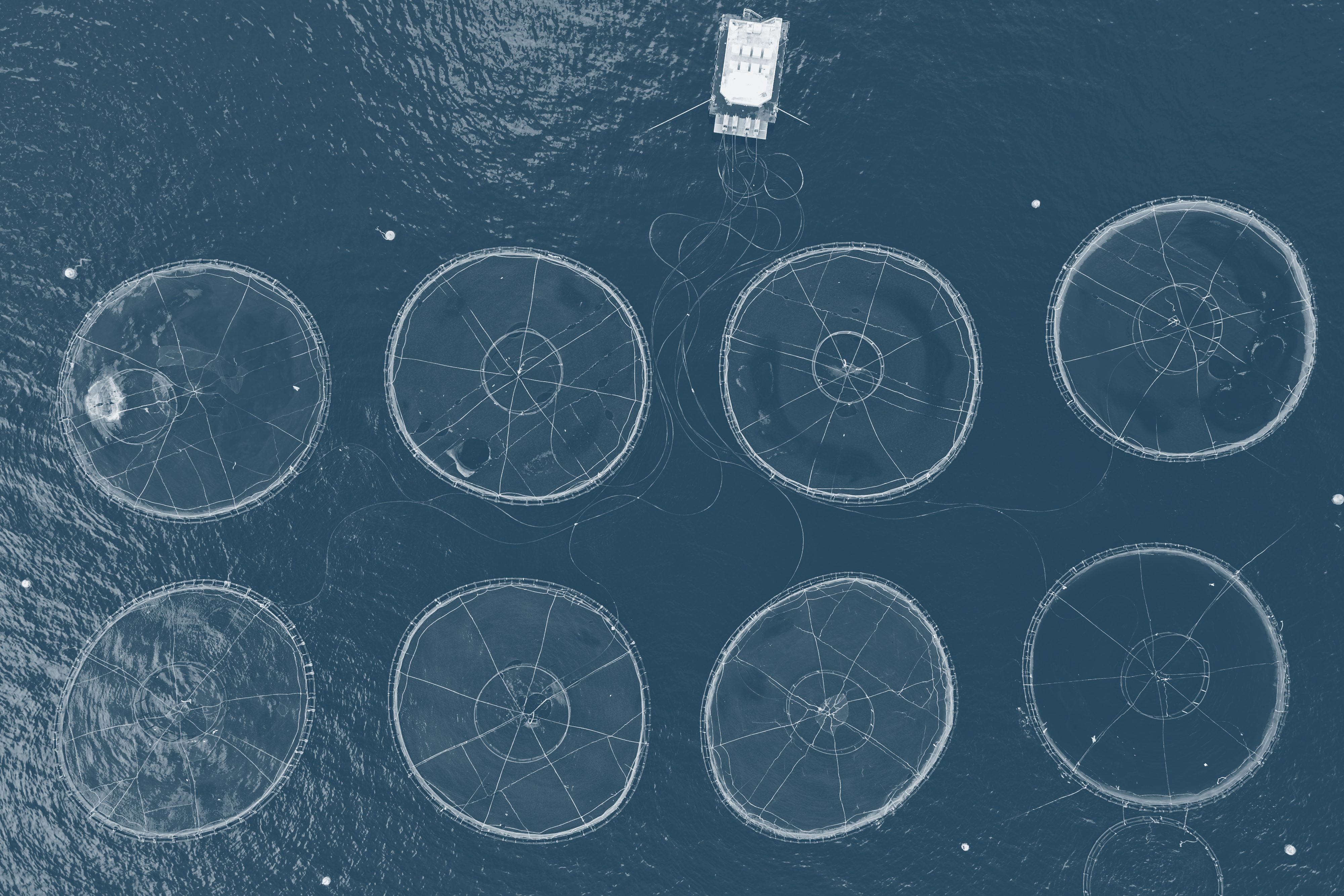The recent High Court case of Skykomish Ltd v Gerald Eve LLP [2025] EWHC 1031 (Ch) has highlighted some very important considerations for experts who have replaced another expert in a case – namely that the “new” expert report must be fully independent.
Read on to explore the finer details of the case and the dangers of a new expert “anchoring” their opinion to that of the previously instructed expert.
Table of contents
1. The background of the case
The dispute concerned a valuation of a site that was, at the time, a derelict building. This property was to be demolished and replaced with student accommodation.
The Claimant provided mezzanine finance with a profit share, relying on a valuation of the property provided by the Defendant.
The development eventually sold for a considerably lower sum and the Claimant recovered nothing from its investment.
The Claimant brought proceedings against the Defendant, alleging that the valuation it had relied upon had been carried out negligently.
2. The expert witness evidence
The Claimant’s valuation expert was instructed in less-than-ideal circumstances, in that she was the third expert hired from the same firm. The first instructed expert left the firm, and the second instructed expert had to withdraw because he subsequently realised that he lacked the requisite experience.
Deputy High Court Judge, Richard Farnill commented that this was the “source of three difficulties”:
- Timeframe. As she was the third valuation expert appointed by the Claimant, her report was “obviously prepared in a short time frame” and therefore, “contained multiple errors”. Whilst some were immaterial, others were much more significant. For example, an error in her calculations resulted in her valuation being understated by £460,000. Although the Deputy Judge gave the expert full credit for acknowledging the errors when they were pointed out to her in cross-examination, he made it clear that “candid admission upon discovery is not the way the system is supposed to work.” He took the view that had she had more time, she would have presented a more accurate report.
- Anchoring. The expert was the third expert from the same firm. Whilst the Judge accepted that she was not doing so consciously, her evidence did not appear to be fully independent and was compromised by her defending of what he described as the “house view”. He provided two examples in his judgment of instances where instead of carrying out the work herself, the expert relied upon the data of the previous experts. In concluding that her evidence was influenced by the earlier work of her colleagues, he stated that “the power of random anchors has been demonstrated in some unsettling ways”.
- Conduct. The Judge criticised the expert for at times acting like an advocate for the Claimant’s case. In answering the questions that were put to her, she went out of her way to mention details that undermined the credibility of the Defendant even though they had no relevance to the opinion she had been instructed to provide. Had the expert been instructed in a less hurried manner she might have been more aware of her legal duties and responsibilities as an expert.
3. Summary
The Skykomish case presents key learnings for in-house expert groups but also those experts who have been appointed as second appointments in a case. The primary consideration, as for all experts, is that their opinion must be fully independent. But it is also crucial that they have enough time to review all the facts of the case before providing their opinion, to avoid any unnecessary and damaging inaccuracies.
In this case, the Claimants expert’s “anchoring” to the opinion of the previously instructed experts and the critical errors in her report had a detrimental effect – leading to the Judge having “reservations about significant parts of her evidence”.
Bond Solon provides training covering all the core skills and knowledge expert witnesses require to fulfil their role compliantly and effectively. We also offer university certified training programmes that are widely regarded as the industry gold standard by instructing parties.
Please visit our website for further details.


